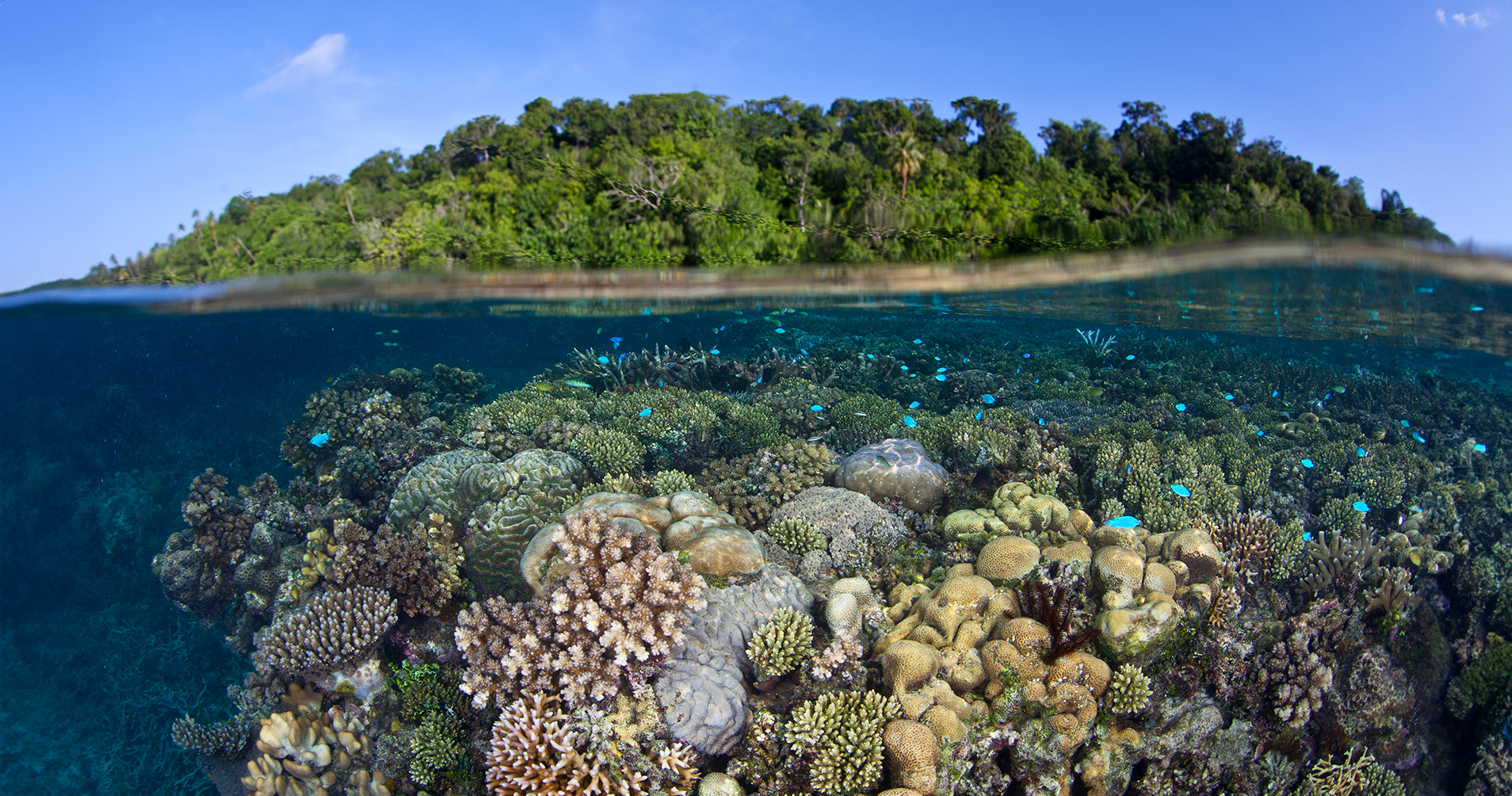Hyundai Motorstudio Senayan Park
Hyundai Motorstudio Senayan Park
Newsroom
The official news from Hyundai Motorstudio Senayan Park and a collection of innovative articles on mobility and sustainability here.
-
Coral Reefs: Nature's Fortress We Need to Protect
- Hyundai Motorstudio Senayan Park Senayan Park 2024.09.02
-
Coral reefs are one of nature's wonders and serve as a home to thousands of marine species. Beyond their stunning beauty, they play a crucial role in maintaining the balance of the marine ecosystem. However, these beautiful ecosystems face serious threats due to human activities and climate change. What threats are they facing? How can we help preserve and restore these extraordinary ecosystems? Let’s explore!
The Importance of Coral Reefs for Marine Ecosystems
Coral reefs are often referred to as "marine rainforests" because of their high biodiversity. In addition to their vibrant colors and intricate shapes, they provide habitat and shelter for a wide variety of fish, mollusks, and other invertebrates. Coral reefs also play important roles in:
- Protecting Coasts: Coral reefs act as natural barriers against sea waves. They protect beaches from erosion and reduce damage from storms.
- Supporting Marine Life: Over 25% of marine species rely on coral reefs for survival, from shelter to food sources. Without coral reefs, marine biodiversity would decline drastically.
- Providing Resources: Many coastal communities depend on coral reefs for their livelihoods, particularly through fishing and tourism.
Threats to Coral Reef Sustainability
Unfortunately, coral reefs face several threats that jeopardize their sustainability, including:
- Global Warming: Rising sea temperatures caused by global warming lead to coral bleaching. This occurs when corals lose their symbiotic algae. If temperatures continue to rise, corals may die.
- Marine Pollution: Plastic waste, oil, and other chemicals discharged into the sea can damage coral reefs. Pollution also worsens coral bleaching and disease.
- Destructive Fishing Practices: Fishing with explosives and cyanide significantly harms coral reefs.
- Irresponsible Tourism: Tourists who touch or step on coral reefs, or use sunscreen with harmful chemicals, can also cause damage.
Coral Reef Restoration Efforts
Efforts to restore and protect coral reefs are underway, including:
- Coral Reef Restoration: This program aims to restore coral reef ecosystems by replanting healthy coral fragments in damaged areas. Restoration projects have been conducted in various locations in Indonesia and around the world.
- Establishment of Marine Protected Areas: Creating marine protected areas (MPAs) helps shield coral reefs from overexploitation.
- Artificial Coral Reef Development: Artificial reefs made from materials like concrete or steel are placed on the seabed to act as replacement barriers and substrates for new corals, fostering the growth of new ecosystems.
How to Contribute to Protecting Coral Reefs
We all have a role to play in preserving coral reefs. Here are some steps we can take:
- Avoid Excessive Plastic Use: Plastic is a major ocean pollutant. Reducing plastic use helps decrease waste that threatens coral reefs.
- Support Eco-Friendly Tourism: When visiting coastal areas, choose tour operators or guides who follow environmentally friendly practices. Even though they are beautiful, avoid touching or stepping on coral reefs while diving or snorkeling.
- Use Eco-Friendly Sunscreen: Opt for sunscreens that are safe and free from harmful chemicals like oxybenzone, which can damage coral reefs.
- Educate Yourself and Others: Raising awareness about the importance of coral reefs is crucial for building support for conservation efforts.
Even small actions can make a significant difference in protecting these vital marine ecosystems and the natural fortresses that sustain them.




